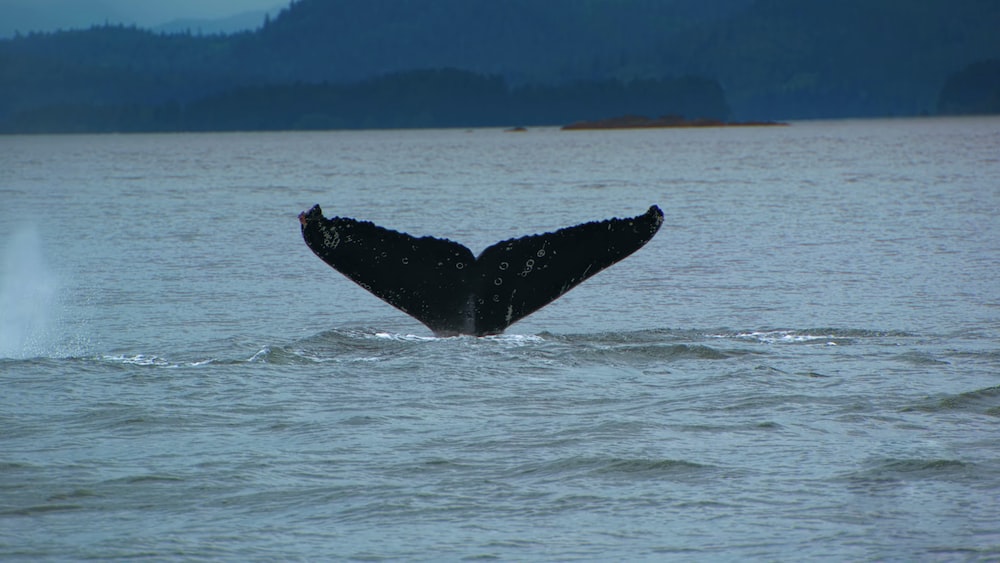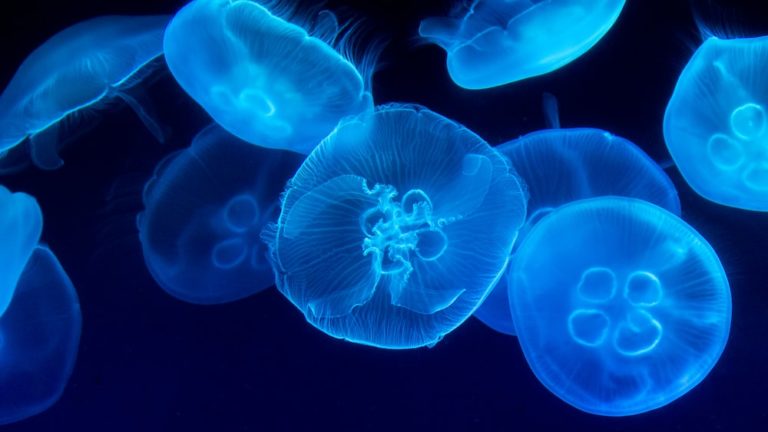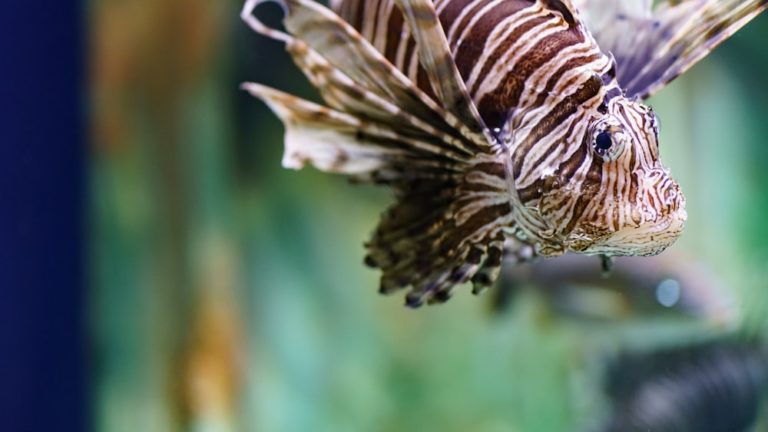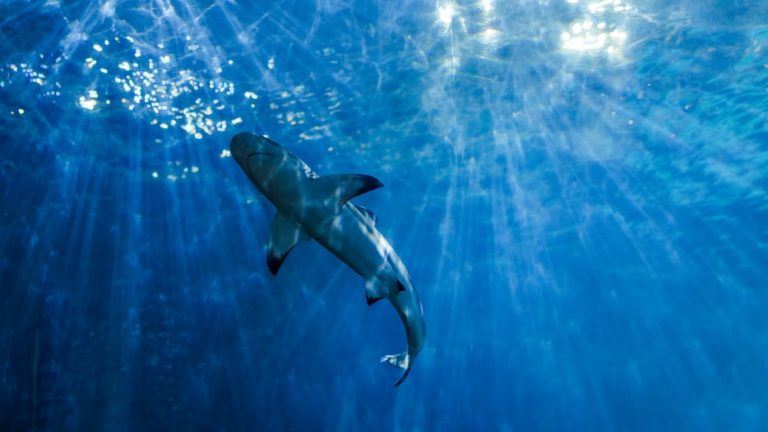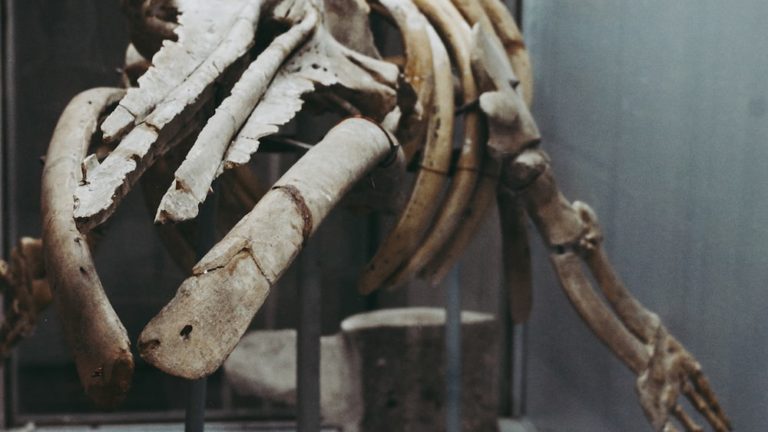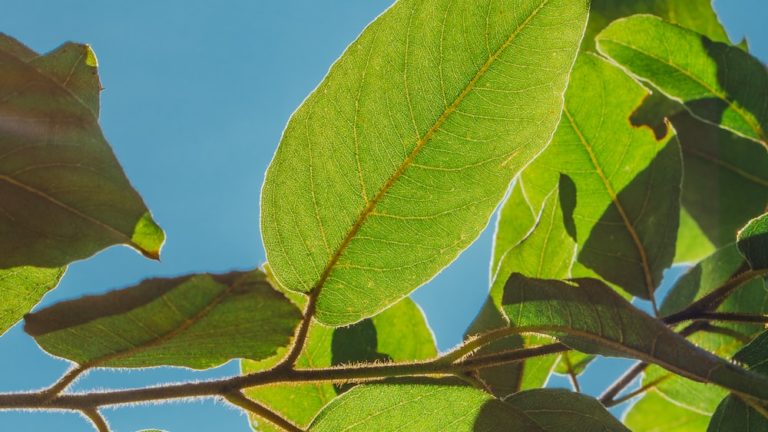What Do Whales Eat? – Do Whales Eat Plants
What Do Whales Eat? – Do Whales Eat Plants
Welcome aboard, ocean enthusiasts and eco-adventurers! As we set sail into the deep blue, let’s dive into an exploration of the whale’s dining habits. These majestic leviathans of our oceans have appetites as vast as the waters they inhabit, but have you ever found yourself pondering, do whales eat plants?
Key Points:
- Whales primarily have a carnivorous diet, but they may incidentally consume plant material.
- The diet of whales varies widely across different species, including krill, fish, squid, and occasionally small marine mammals.
- Plant consumption by whales is not a significant part of their diet and is likely minimal and incidental.
- Research suggests that some whale species do ingest plant material incidentally during their feeding activities.
- The implications of whales consuming plants for the marine ecosystem are believed to be minimal and inconsequential.
- Whales are not herbivores, and they do not rely on plants for their nutritional needs.
The quest for knowledge often leads us to unexpected discoveries, much like the mysterious depths where whales roam. Join me, Jasper, as we unravel the dietary secrets of these gentle giants and unearth whether flora finds its way onto the whale’s diverse menu.
To understand whales, we must, like any good detective, examine the evidence and research available. Together, we’ll skim through the pages of marine biology to offer you another piece of the puzzle: what exactly do these sea creatures feast on?
Exploring the Diet of Whales
The diet of a whale is as intriguing as the depths they plumb. Feeding patterns vary widely across different species, painting a picture of an oceanic diet that is as rich and complex as the ecosystems they preside over.
From the smallest krill to the heftiest squid, whales have evolved various methods of hunting and gathering their sustenance. Stay with me as we wade deeper into the whale’s culinary world and what it might mean for the fragile balance of marine life.
Whales have evolved various methods of hunting and gathering their sustenance, painting a picture of a rich and complex oceanic diet that impacts the fragile balance of marine life.
The Role of Plants in Whales’ Diet
You might be thinking, do whales eat plants like a fish out of water munches on seaweed? Well, it’s not as straightforward as a yes or no. The role of plants in a whale’s diet varies by the species and the availability within their habitat.
Let’s cast a net over the concept of whales foraging among foliage. Some evidence suggests that plant matter might occasionally drift into the massive mouths of these creatures during their feeding frenzies.
What Do Whales Eat?
If you’ve ever watched whales breach, you’ve glimpsed but a fraction of their awe-inspiring existence. Beneath the waves, these behemoths engage in a perpetual search for nourishment – a quest that shapes the entire seascape.
Overview of Whale Diet
To say a whale’s diet is diverse would be an understatement. Imagine being able to dine on a buffet ranging from tiny zooplankton to large marine mammals. Well, for whales, it’s all in a day’s eating.
Some species like the Blue Whale, for instance, harbor a preference for tiny, shrimp-like krill, straining them through baleen plates in a process known as filter-feeding. Others, such as the mighty Orca, are less discriminatory, opting for a menu that includes fish, seals, and sometimes even other whale species.
Their feeding strategies are as varied as their diets. From the stunning bubble net feeding of humpbacks to the deep dives of the sperm whale, these methods are an incredible display of adaptation and survival.
Whales have a diverse diet, ranging from tiny zooplankton to large marine mammals, and employ various feeding strategies for survival.
Types of Food Consumed by Whales
- List the variety:
- Krill and plankton
- Schooling fish
- Squid
- Occasionally, small marine mammals
As we examine the types of food whales consume, it’s clear that they dine on more than just the catch of the day. Larger toothed whales – like the impressive sperm whale – sometimes descend hundreds of meters to hunt squid, while baleen whales filter vast quantities of tiny krill from the ocean’s soup.
Do Whales Eat Plants?
So, to part the sea of uncertainty: do whales eat plants? It’s time to submerge ourselves in the science and reenact the scenes of their underwater banquets.
Examining Whales’ Consumption of Plants
Each whale’s feeding story is as captivating as a sea shanty, and today we’re tuning our ears to the verses concerning plant consumption. Do these mammals, with their cavernous mouths capable of engulfing vast quantities of ocean, ever scoop up the occasional seaweed salad along with their main course?
- What we know:
- Sometimes, incidental ingestion of plants occurs.
- Direct consumption of plants by whales is rare and not a significant part of their diet.
In our voyage across the literature sea, we find that while whales do not purposefully seek out algae or seagrass as part of their diet, the reality is not implacable. There have been instances where seabed material, including plants, becomes caught in the feeding processes of some baleen whales. We continue to study and decode the diets of these enigmatic ocean travellers.
Evidence and Research on Whales Eating Plants
While baleen whales, including the gentle giants like the humpback whales, are commonly known for their krill and small fish diet, recent studies have cast nets into uncharted waters. For instance, research suggests that some whale species do ingest plant material incidentally during their feeding activities. Interestingly, instances exist where greenish fecal samples were collected from whales, indicating a possible plant consumption.
Evidence gathered through stomach contents analysis and fecal matter studies suggest that whales may not be strictly carnivorous. For example, in areas where they dive deep for benthic prey, whales may inadvertently scoop up planktonic algae or other seafloor vegetation. It’s important to note, however, that such consumption is likely minimal and incidental, not a staple of their diet.
Marine biologists and conservationists alike are diving deeper into the mysterious diets of whales to understand whether plant material might hold nutritional value for these ocean nomads. While the primary diet of whales like the baleen and humpback consists of meat, the odd seaweed might pass their baleen filters from time to time. As more research surfaces, we may yet find out if the expression “Do whales eat plants?” needs revising.
Whales, traditionally thought to have a diet of krill and small fish, may actually consume incidental plant material, challenging the belief that they are strictly carnivorous.
Conclusion
As we crest the wave of our journey into the dietary habits of whales, it’s clear that the ocean’s depths still have many secrets to reveal. The question of “Do whales eat plants?” is a drop in the ocean of queries surrounding these majestic creatures. Whale enthusiasts, eco-adventurers, and conservationists alike can find solace in the knowledge that while whales are not plant-eaters by trade, the occasional plant material makes its way into their vast diet. Let’s keep our periscope up for new insights and continue to safeguard the maritime marvels that whales represent.
FAQs
1. Are whales herbivores, carnivores, or omnivores?
Whales are primarily carnivores, but more accurately, they are classified as baleen whales or toothed whales. Baleen whales like the humpback whales predominantly munch on tiny seafood, making them lean towards a carnivorous diet. However, the incidental ingestion of plants does not make them omnivores in a traditional sense.
2. Do whales rely on plants for their nutritional needs?
Whales do not rely on plants for their nutritional needs. Their diet is overwhelmingly composed of meat, such as tiny crustaceans, fish, and even marine mammals for the larger toothed whales. Any plant material consumed is typically incidental rather than a sought-out nutrition source.
3. How do whales obtain and consume plants in their diet?
Whales obtain plants incidentally when they consume their regular food sources. For instance, baleen whales like the humpback whales could ingest plants alongside krill and small fish. The plant material is not actively sought but might be filtered together with their main diet from the ocean water.
4. What are the implications of whales consuming plants for the marine ecosystem?
The implications of whether do whales eat plants are not fully understood, but it’s believed to be minimal. Any accidental plant consumption by whales is likely a small fraction of their diet and thus, has inconsequential effects on the marine ecosystem. However, it does highlight the complexity and interconnected nature of oceanic food webs.
With a flip of a fin, we part the seafoam of our discussion about whether do whales eat plants. May our paths cross again in the future explorations of the deep blue. Until then, remember that each wave we make sends ripples through the ocean of life. Keep swimming with purpose, friends.
Warmest currents, Jasper Flynn

